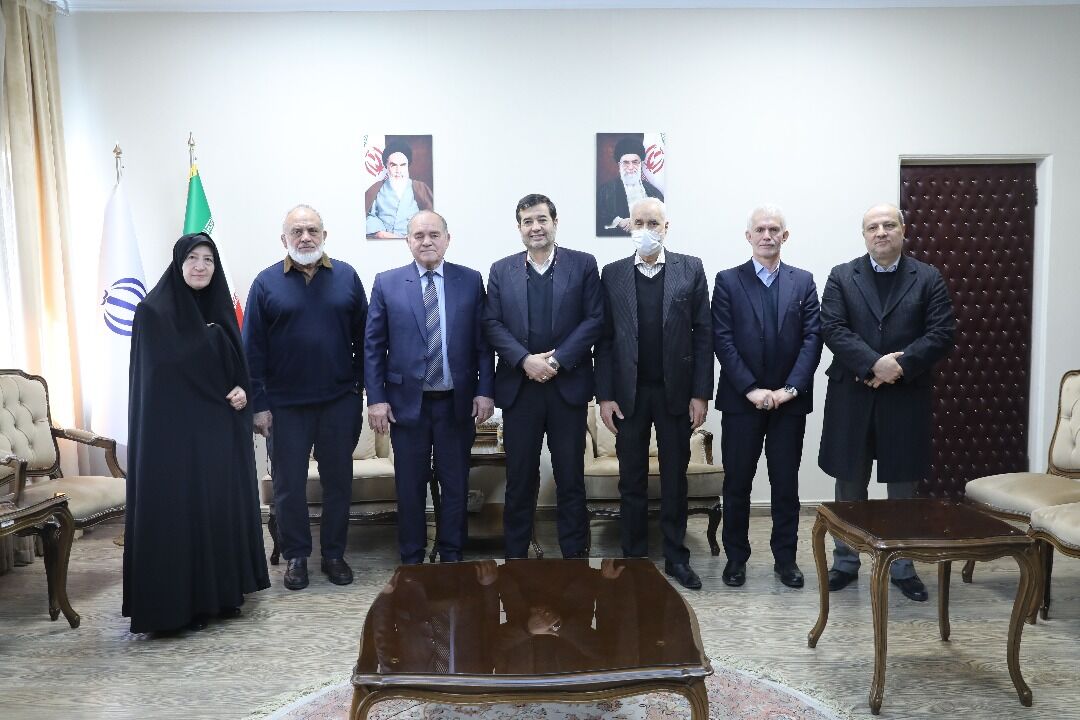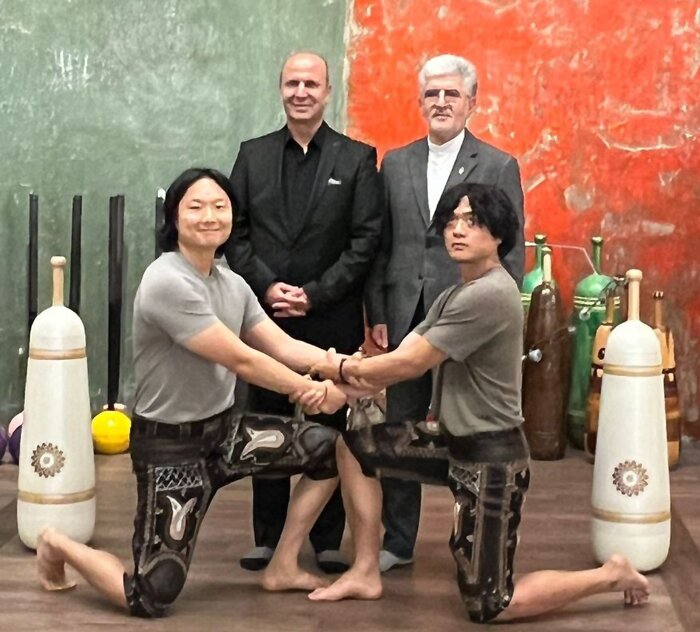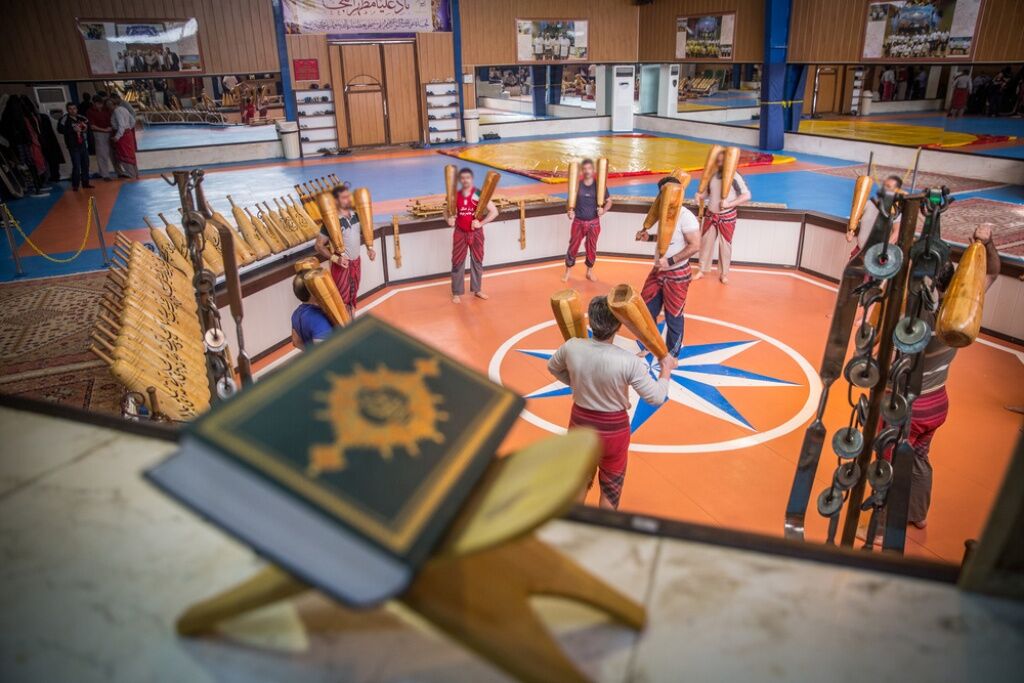Perched 3,640 meters high in the Andes is a cable car that provides public transport to La Paz, as well as the opportunity to gaze at the magnificent landscape. The Brazilian Antonio Carlos Zago now uses it regularly as he gets to know the Bolivian capital more and more. Sometimes his destination will be El Alto’s market, one of the largest in the world, where you can find everything from tractor tyres to medicinal compounds for nearly every disease.
“When I’m there, I’m amongst the people,” the Bolivia coach told FIFA. “I’ve always been a very direct, simple person, and the people here like that.”
The former defender, who wore the colours of Sao Paulo, Palmeiras and Roma among others, became a coach in 2009 after learning the ropes in Europe and South America. Zago arrived in Bolivia in 2021 to take charge of Bolivar, a partner club of City Football Group. The Brazilian quickly made his mark there, steering them to Apertura 2022 glory and enjoying a 71-per-cent win rate over the course of his 75 games.
Less than two years later, the 54-year-old was offered the Bolivia national team job after they had lost their opening four qualifiers for the FIFA World Cup 26™. If the country is to take part in the global extravaganza in two-and-a-half years’ time, then it has a mountain to climb – but at a much faster pace than that of the cable car servicing El Alto.
Zago took on the task with an open heart, determined to face the challenge and show that it is possible – something he feels Bolivians should also do. In his first two games at the helm, his charges beat Peru 2-0 at home and then lost 3-0 in Uruguay.
For the World Cup 26, South America has been given six direct qualifying berths, while the team finishing seventh contests the FIFA Play-off Tournament. For Zago, a return to the global stage – which Bolivia last graced in 1994 – is a feasible goal. Currently, La Verde lie ninth in the 10-team group, though just four points behind Brazil in sixth and two behind seventh-placed Paraguay.
After your great spell at Bolivar, what was it like to be offered the national team job?
Antonio Carlos Zago: Before being given the role, I’d done good work, not just professionally but also in terms of building a relationship with the Bolivian people. But, of course, it all stemmed from what we did at Bolivar, which you could say was a period of rebuilding and about giving opportunities to youngsters. Now we have seen seven or eight players in the national team who I gave a start to a couple of years ago at Bolivar. However, I have to admit I didn’t expect to be offered this job so soon. Being able to coach a country with which you strongly identify is a source of pride.
Having coached Bolivar, you have extensive knowledge of the players at your disposal. How have these first couple of months been, and what goals have you set?
That’s the good thing. I didn’t just fall into this job. I’ve always said that Bolivian players have good technique. All that’s missing is for them to have a little more confidence. But I’ve also said that they have things harder than some other teams. You can be tough on a player, but you have to give them a certain amount of affection as well. That’s how my relationship with them works. Nor do I think we should hide from the fact that, here in La Paz, we have to suffocate our opponents. Then when we go away from home, we can attempt something different and try to enjoy it.
I think we did that in the first game. We got the win at home, which was what we’d planned for. Against Uruguay though, we had to be optimistic and were always going to go for the win. That’s what we’re trying to do: to change the players’ mindsets a little, so that when they play away from home, they keep their concentration and have the same intensity as they do with home fixtures. Uruguay were on another level, though. In my opinion, they are currently the best team in South America, but even so, we played a good game there. I like my teams to always try to play football, which is also how I tried to play at Bolivar. The intention is to inject a bit more pace into our play, while at the same time working on technical aspects with the players.
The first squad you called up had players from different generations. Is your idea to assemble a team that’s as competitive as possible now or are you thinking long term?
I have a contract until the end of the qualifiers, but if we qualify, then it automatically renews. So we’re thinking about now and the next two years, after which it has to be a combination of the two things. That’s because we currently have players for whom the next World Cup is realistically their last chance. They are guys who play a leading role for their clubs and the national team. But we also have youngsters who are keen to learn. There’s no point in having only young players if they do not want to grow. There’s been a lot of that with Bolivians, of settling for very little. That’s what we’re trying to change in the players’ minds, so that they don’t just think about the Bolivian championship, but also dream of playing abroad in the future. We’re going to do everything we can to qualify for 2026. It’s been 30 years since the country last competed at the World Cup, and who knows, maybe we’ll make it back there?
You mentioned the altitude of La Paz earlier. Did you ever face Bolivia there during your playing days?
As it happens, I didn’t, but I was on the bench for that 1993 game, when Brazil lost 2-0. It was our first-ever loss in the qualifiers. Back home, the criticism was fierce, and it seemed like the end of the world. We went to Bolivia already under pressure as we’d drawn with Ecuador in our opening game. Then we ended up losing in La Paz to one of the best Bolivia teams in history. The stadium was packed and there was a great atmosphere around the game. Aside from the altitude, it was a match in which pretty much everything went wrong for us. There was that goal that came from a low cross, which Taffarel tried to block but managed to deflect in with his leg. After the game, there was intense pressure and even calls for [Carlos Alberto] Parreira to quit. However, the players were united at that time in supporting the coach, which is what enabled us to turn things around. And then our saviour Romario arrived.
What is your take of the current qualifiers?
I consider Argentina, Uruguay and Brazil – even given their current situation – as a cut above. Perhaps Colombia too. Ecuador, who can sometimes be vulnerable because of fluctuating form, are also up there. So that makes five teams who, practically speaking, are already assured a place at the next World Cup. That only leaves one-and-a-half or maybe two-and-a-half places left. That’s our expectation, so it’s about being able to fight for one of those spots. And our battle is with Paraguay and Chile, who are not doing well thus far in these qualifiers. Venezuela, despite having started better, are a team that we can compete with as well. I believe that somewhere between 19 and 21 points could earn us sixth place, or maybe the play-off spot. That won’t be easy but it’s our goal.
How does it feel to be the only Brazilian coaching another national team in your continent, especially given the prevalence of Argentinian coaches these days?
In that regard, I think we failed to sow the seeds in the past, especially in South America, and because of that, we’re not reaping the rewards now. Like it or not, Argentinians are practically dominating the South American coaching scene these days, and they’re also in the USA. I believe that is down to the coaching course run by the Argentinian FA, which has been going for a long time. That qualification has always been well regarded by clubs outside the country. Previously, we didn’t have a course in Brazilian football comparable to the AFA one, but now that’s changing. The Brazilian course has improved a lot, so much so that I stopped coaching for a while so I could come and study to see something different. That’s what was missing in the past. Now though, I am focused on doing my best here and trying to secure that long-awaited return to the World Cup in 2026. That would open doors for other Brazilians as well.
- نویسنده : محمدمهدی اسماعیلی رها






























Sunday, 14 September , 2025